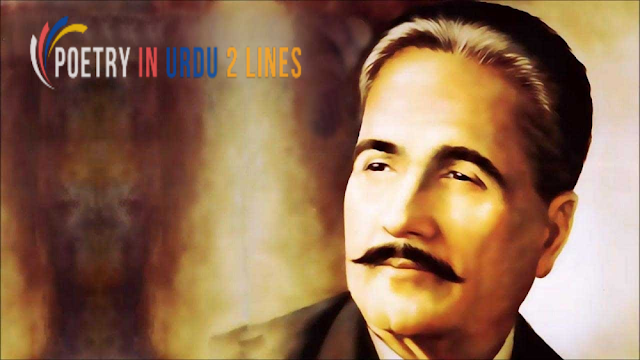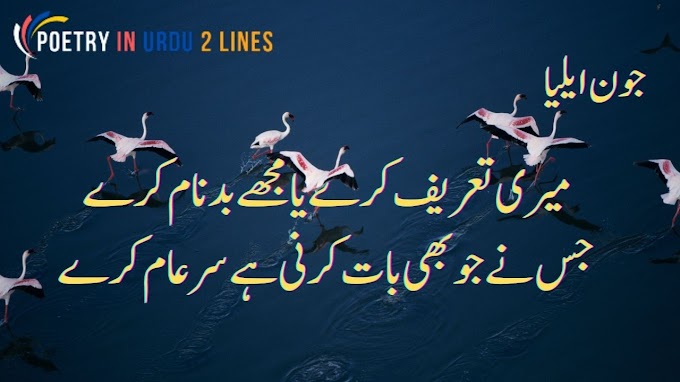Allama Muhammad Iqbal was born November 9, 1877, and is widely considered one of the founders of Pakistan. His writings addressed self-discovery, spirituality and revitalizing Islam; his poetry left an indelible mark on literature and thought.
Iqbal's poetry was marked by its deep exploration of God, self-realization, and unity among Muslims. His works include both ghazals (lyrical poems) and philosophical poetry - ideas that laid the intellectual groundwork for Pakistan to emerge as an independent nation in South Asia.
Some of Iqbal's iconic works include Bang-e-Dra (The Call of the Marching Bell), Zabur-e-Ajam (Persian Psalms), and Asrar-e-Khudi (Secrets of the Self). His poetry continues touching many, becoming part of Urdu and Persian literary heritage.
Allama Iqbal (known by his Muslim name, Muhammad Iqbal) was an esteemed British Indian philosopher, poet, and politician widely recognized for inspiring the Pakistan Movement. Writing Persian and Urdu poetry, his poetry touched upon many subjects, including spirituality, self-realization, individualism, and the revival of the Muslim world.
Here are a few samples of Iqbal's famed work:
"Khudi Ko Kar Buland Itna":
In this poem by Iqbal, individuals are encouraged to strengthen and expand their selfhood ("khudi") to reach greatness and realize themselves fully. The verse emphasizes self-assurance, determination, and pursuing one's true potential.
"Tulu-e-Islam" (The Rise of Islam):
This poem addresses the decline of the Islamic world and urges its revival through self-awareness, unity, and adherence to Islamic teachings. Furthermore, it suggests reawakening both intellectual and spiritual faculties among Muslims.
"Shikwa" and "Jawab-e-Shikwa": These two companion poems dialogue humanity and God. In "Shikwa," human grievances regarding their circumstances are voiced, while in "Jawab-e-Shikwa," God responds by emphasizing humanity's role in their destinies while encouraging self-improvement efforts.
"Bang-e-Dra" (The Call of the Marching Bell):
This collection of poems explores various issues related to social problems, nationalism, spirituality, and Iqbal's desire that Muslims awaken from intellectual and spiritual slumber and become actively involved in establishing their future.
"Tulu-e-Islam" (Tlw slm): In this poem by Iqbal, he addresses the difficulties facing Muslims today and calls for unity and revival of Islamic values. He emphasizes knowledge, freedom, and self-discipline as keys to overcoming challenges.
"Sitaron Se Aage Jahan Aur Bhi Hain":
This poem explores the limitless potential within humanity and encourages individuals to explore uncharted territories beyond our stars. It emphasizes transcending limitations and pushing the limits of human potential.
These examples represent only a sample of Allama Iqbal's poetry. His works are known for their deep thoughts, intricate language use, and profound insights into the human condition, spirituality, and society. His poetry remains relevant today in discussions regarding identity, self-discovery, and their roles in shaping our world.



.jpg)
.png)


